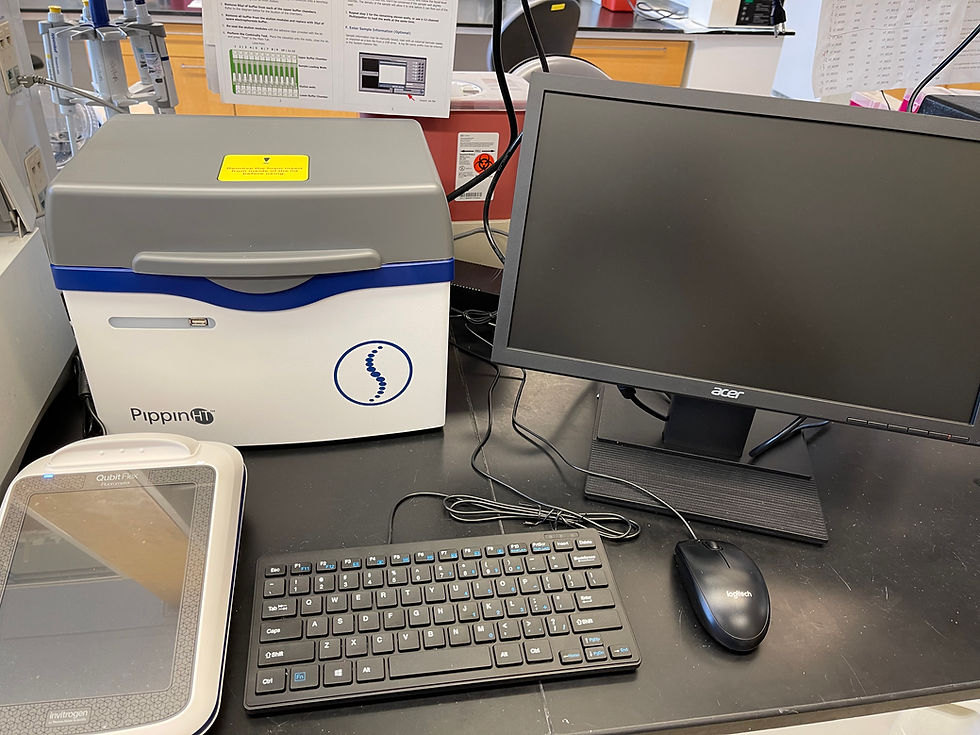
SUNG-UNG KANG Dr.Med.Sc
Assistant Professor
Institute for Cell Engineering (Neuroregeneration program)
Department of Neurology;
The Johns Hopkins School of Medicine, Baltimore
(MRB Rm753; e-mail: skang34(at)jhmi.edu)
About Kang's Lab
Kang's Lab aims to identify the key molecular hubs causing selective vulnerability in Parkinson's disease (PD) and Alzheimer's Disease (AD), which are crucial to identify discriminative markers for diagnosis and new treatment modalities. A hypothesis "Gut-Brain Axis" associated with DNA damages and Sleep disorders, known as a bidirectional complexity triggering the progressive neurodegenerations, has been tested using experimental data obtained from genetically associated transgenic mice as well as formidable data generated from human post-mortem tissues. To further provide a comprehensive perspective, we have been developing unique bioinformatic algorithms and building data structure for deep learning-based genomic data integration. State-of-the-art technologies incl. in-house developed single-cell genomics (HiF-snRNAseq; High Efficient single nuclei RNA sequencing), spatial genomics (10x Genomics), metagenomics (Illumina), and epigenomics including Cut&Tag, WGBS, ATAC-seq, Hi-C have been applied for data collection.
Keywords
#Neurodegenerative diseases, #Parkinson's disease (PD), #Alzheimer's disease (AD), #Gut-Brain axis, #Single-cell genomics, #Epigenomics, #Big Data, #Deep learning, #Molecular Circadian rhythms, #Transgenic animals, #Identification of cell-type specific diagnostic markers
Click to enlarge images



 |  |  |  |  |
|---|---|---|---|---|
 |  |  |

Lab space
& state of the art research equipments

Experimental Bench

Experimental Bench

Computing space / Server

Lab major equipments

NextSeq550 / MiniSeq

Multiview Imaging of Living and Cleared Specimens


Lab own FACS for single-cell sorting

Development of High-trhoughput diagnostic test


AKTA pure 25L with Fraction collector F9-R

RNA/DNA QC for sequencing

10 Thermo cyclers in lab for HT library generation

Sample Prep/Nuclei Preparation (max 6 samples)

Sequencing Library purification and QC

ACD In-situ Hybidization


Maryland Advanced Research Computing Center (MARCC): Total cores: 23,280, 1.4PFLOPs

Research animal facility in same building. Animal procurement, housing, clinical care and veterinary research support and collaboration.
Click to enlarge images



#Lab, #ICE, #JHMI Media Appearances
All Videos
All Videos


Inclusion is in our DNA | Johns Hopkins Founding Letter

Welcome to the Johns Hopkins Institute for Cell Engineering (ICE)

125 Years of the Johns Hopkins School of Medicine

Johns Hopkins Medicine 2019 Nobel Prize Celebrations | Gregg Semenza

The Neuroregeneration Program at Johns Hopkins’ Institute for Cell Engineering

MARCC Construction

U.S. News and World Report's Best Hospital 2020-21 Update from Dr. Justin McArthur

The Institute for Cell Engineering (ICE) at Johns Hopkins
© 2021 Created by Dr.SUNG UNG KANG

